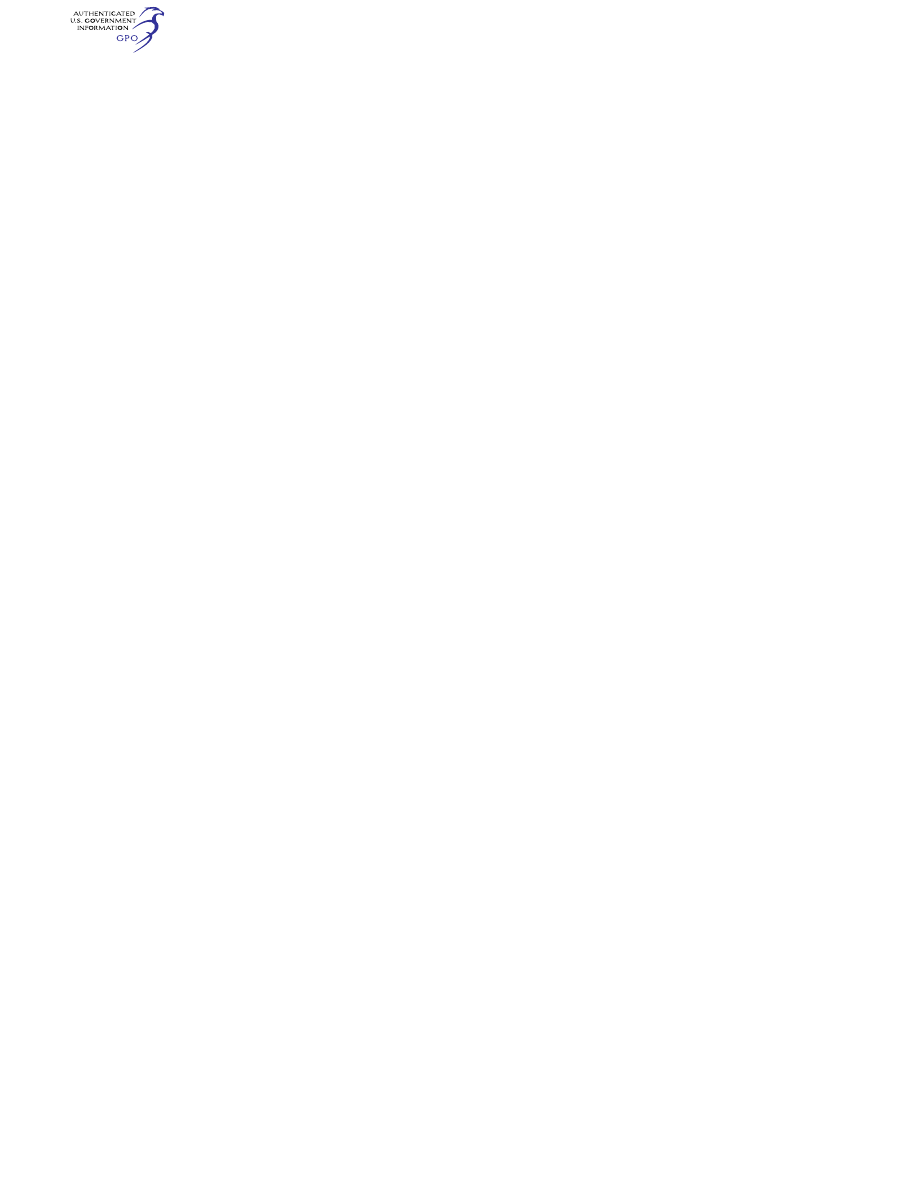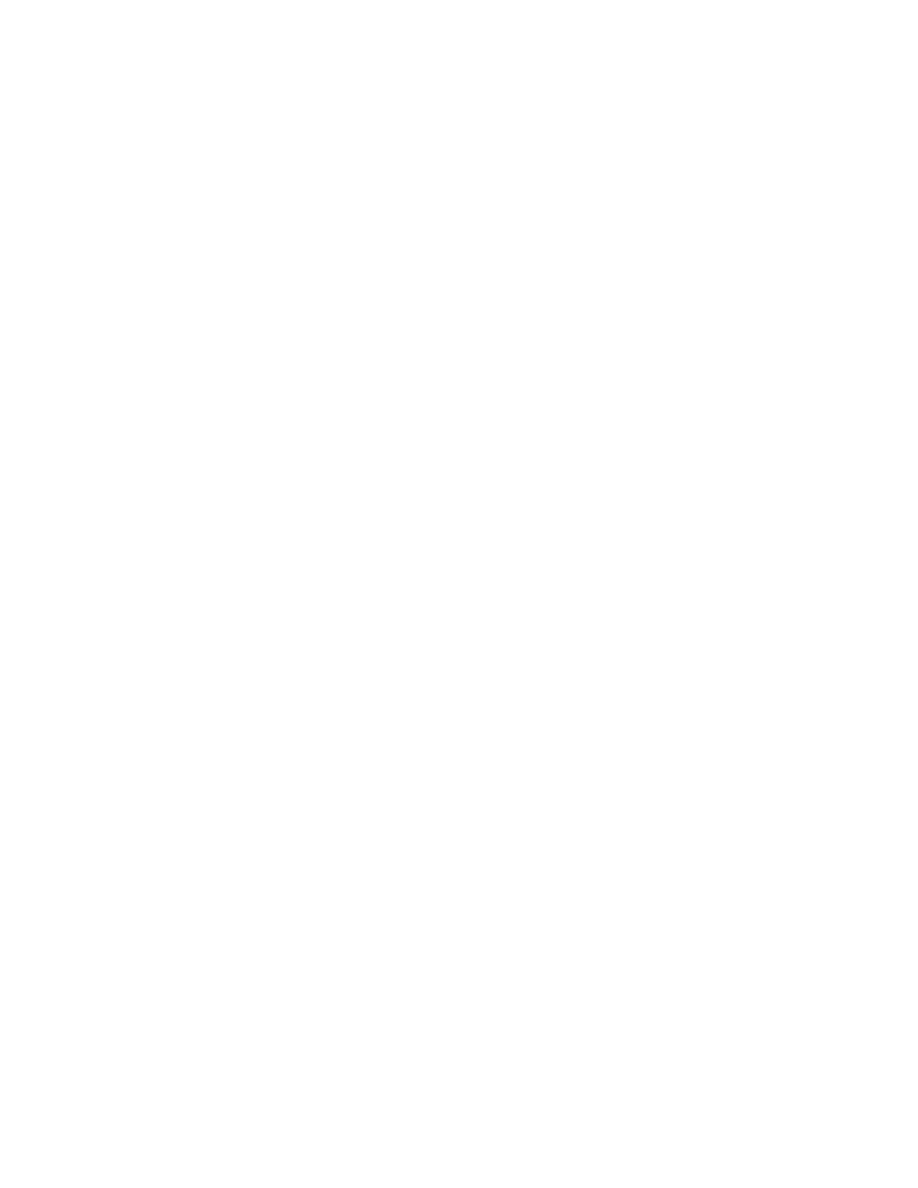
165
Federal Aviation Administration, DOT
§ 21.197
§ 21.191(i)(2), an applicant must provide
the following:
(1) Evidence that an aircraft of the
same make and model was manufac-
tured and assembled by the aircraft kit
manufacturer and issued a special air-
worthiness certificate in the light-
sport category.
(2) The aircraft’s operating instruc-
tions.
(3) The aircraft’s maintenance and
inspection procedures.
(4) The manufacturer’s statement of
compliance for the aircraft kit used in
the aircraft assembly that meets
§ 21.190(c), except that instead of meet-
ing § 21.190(c)(7), the statement must
identify assembly instructions for the
aircraft that meet an applicable con-
sensus standard.
(5) The aircraft’s flight training sup-
plement.
(6) In addition to paragraphs (e)(1)
through (e)(5) of this section, for an
aircraft kit manufactured outside of
the United States, evidence that the
aircraft kit was manufactured in a
country with which the United States
has a Bilateral Airworthiness Agree-
ment concerning airplanes or a Bilat-
eral Aviation Safety Agreement with
associated Implementation Procedures
for Airworthiness concerning airplanes,
or an equivalent airworthiness agree-
ment.
[Doc. No. 5085, 29 FR 14569, Oct. 24, 1964, as
amended by Amdt. 21–85, 69 FR 44862, July 27,
2004]
§ 21.195
Experimental certificates: Air-
craft to be used for market surveys,
sales demonstrations, and customer
crew training.
(a) A manufacturer of aircraft manu-
factured within the United States may
apply for an experimental certificate
for an aircraft that is to be used for
market surveys, sales demonstrations,
or customer crew training.
(b) A manufacturer of aircraft en-
gines who has altered a type certifi-
cated aircraft by installing different
engines, manufactured by him within
the United States, may apply for an ex-
perimental certificate for that aircraft
to be used for market surveys, sales
demonstrations, or customer crew
training, if the basic aircraft, before al-
teration, was type certificated in the
normal, acrobatic, commuter, or trans-
port category.
(c) A person who has altered the de-
sign of a type certificated aircraft may
apply for an experimental certificate
for the altered aircraft to be used for
market surveys, sales demonstrations,
or customer crew training if the basic
aircraft, before alteration, was type
certificated in the normal, utility, ac-
robatic, or transport category.
(d) An applicant for an experimental
certificate under this section is enti-
tled to that certificate if, in addition
to meeting the requirements of
§ 21.193—
(1) He has established an inspection
and maintenance program for the con-
tinued airworthiness of the aircraft;
and
(2) The applicant shows that the air-
craft has been flown for at least 50
hours, or for at least 5 hours if it is a
type certificated aircraft which has
been modified. The FAA may reduce
these operational requirements if the
applicant provides adequate justifica-
tion.
[Amdt. 21–21, 33 FR 6858, May 7, 1968, as
amended by Amdt. 21–28, 35 FR 2818, Feb. 11,
1970; Amdt. 21–57, 49 FR 39651, Oct. 9, 1984;
Amdt. 21–59, 52 FR 1836, Jan. 15, 1987; Amdt.
21–92, 74 FR 53389, Oct. 16, 2009]
§ 21.197
Special flight permits.
(a) A special flight permit may be
issued for an aircraft that may not cur-
rently meet applicable airworthiness
requirements but is capable of safe
flight, for the following purposes:
(1) Flying the aircraft to a base
where repairs, alterations, or mainte-
nance are to be performed, or to a
point of storage.
(2) Delivering or exporting the air-
craft.
(3) Production flight testing new pro-
duction aircraft.
(4) Evacuating aircraft from areas of
impending danger.
(5) Conducting customer demonstra-
tion flights in new production aircraft
that have satisfactorily completed pro-
duction flight tests.
(b) A special flight permit may also
be issued to authorize the operation of
an aircraft at a weight in excess of its
maximum certificated takeoff weight
for flight beyond the normal range over
VerDate Sep<11>2014
09:06 Jun 28, 2024
Jkt 262046
PO 00000
Frm 00175
Fmt 8010
Sfmt 8002
Y:\SGML\262046.XXX
262046
jspears on DSK121TN23PROD with CFR
